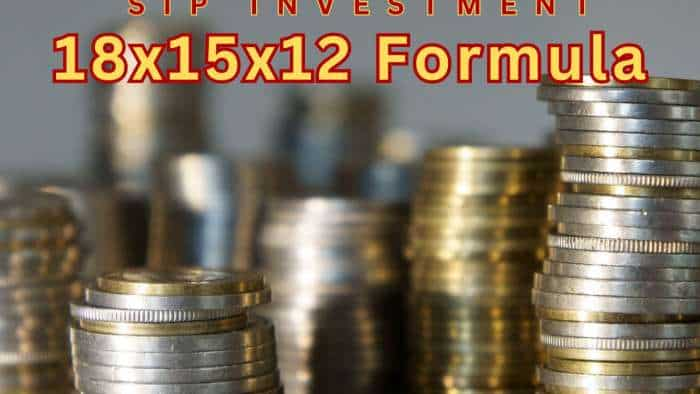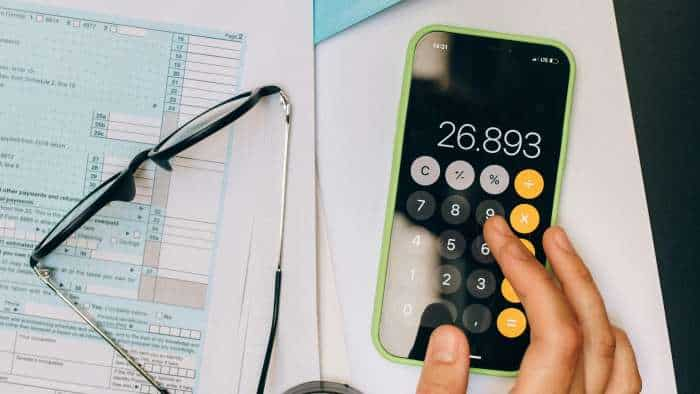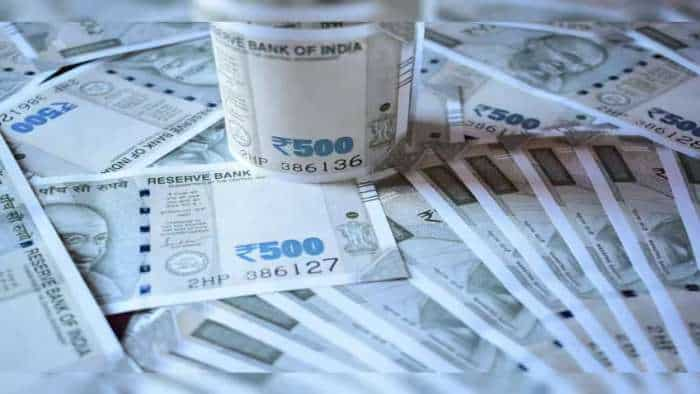Asian markets near 2-1/2 week lows amid fears of global trade war

Asian shares hovered near 2-1/2 week lows and the safe-haven yen rose on Monday amid fears of a global trade war, while the euro pared gains as investors worried Italy’s national elections could deliver an anti-establishment government.
Italy’s poll produced no outright winner on Sunday, according to exit polls that pointed to possible political gridlock, with voters backing anti-establishment and far-right parties in record numbers.
After a see-saw start, the euro eased back to $1.2320 from a two-week high of $1.2365 amid talk the euroskeptic 5-star party could form a coalition government.
Supporting the euro was the revival of Germany’s grand coalition over the weekend, meaning Chancellor Angela Merkel’s conservatives will form a new government more than five months since the country’s inconclusive election.
“The market remains extremely choppy,” said Stephen Innes, head of trading at OANDA.
“The results are initially interpreted as mildly supportive for the euro given the worst case scenario - the anti-establishment coalition in office was averted - but is reversing out the initial wave of positivity,” Innes added.“...the market will look to fade upticks given the political malaise in Italy will play on.”
The yen got a lift from safe-haven flows as risk sentiment soured after U.S. President Donald Trump proposed tariffs on imported steel and aluminum, rattling financial markets.
The dollar fell for a fourth straight session to stand at 105.60 yen, but was slightly above Friday’s low of 105.23, a level not seen since November 2016.
Asian shares started the week on the backfoot despite a late rebound on Wall Street on Friday as investors worried a U.S.-led trade war could derail economic momentum around the world.
MSCI’s broadest index of Asia-Pacific shares outside Japan was flat near the lowest since mid-February.
Japan’s Nikkei slipped 0.2 percent while South Korea’s KOSPI was flat and Australian shares declined 0.3 percent.
U.S. stock futures did not inspire much confidence, with S&P E-Minis down 0.1 percent.
News over the weekend suggested that Trump was going ahead with his threat, while there was no indication that allies would be excluded from the tariffs planned on imported steel and aluminum.
Canada and Mexico have threatened retaliation, and the European Union said it would apply 25 percent tariffs on about $3.5 billion of imports from the United States if Trump carried out his threat.
Trump says the tariffs are needed to protect domestic industries against unfair competition from China and elsewhere.
“Despite staging a comeback, major U.S. indexes suffered their worst week since early February,” said James McGlew, executive director for corporate stockbroking at Perth-based Argonaut.
“A number of other fears linger as investors reassess the prospects for continued global growth, brace for the possibility of a broader trade war and await the outcome of a parliamentary election in Italy.”
In commodities, Brent crude was up 35 cents at $64.72 a barrel while U.S. light crude edged up 34 cents to $61.59.
Spot gold was a tad firmer at $1,323.53.
Get Latest Business News, Stock Market Updates and Videos; Check your tax outgo through Income Tax Calculator and save money through our Personal Finance coverage. Check Business Breaking News Live on Zee Business Twitter and Facebook. Subscribe on YouTube.
RECOMMENDED STORIES

18x15x12 SIP Formula: In how many years, Rs 15,000 monthly investment can grow to Rs 1,14,00,000 corpus; know calculations

Rs 5,000 SIP for 40 years vs Rs 50,000 SIP for 20 years: Which can create higher corpus? See calculations to know it

Hybrid Mutual Funds: Rs 50,000 one-time investment in 3 schemes has grown to at least Rs 1.54 lakh in 5 years; see list

Power of Compounding: In how many years, investors can achieve Rs 6.5 cr corpus with monthly salaries of Rs 20,000, Rs 25,000, and Rs 30,000?
07:39 AM IST










 GIFT Nifty futures hint at muted start; Asian markets remain upbeat
GIFT Nifty futures hint at muted start; Asian markets remain upbeat Asian markets trade positive even as Fed signals no hurrry in rate cut
Asian markets trade positive even as Fed signals no hurrry in rate cut  Share Market Today, September 19: Sensex, Nifty likely to open positive; GIFT Nifty futures up almost 100 pts
Share Market Today, September 19: Sensex, Nifty likely to open positive; GIFT Nifty futures up almost 100 pts Sensex, Nifty likely to open in green; GIFT Nifty futures edge higher
Sensex, Nifty likely to open in green; GIFT Nifty futures edge higher MarketsMojo unveils MOJOMF distribution service platform
MarketsMojo unveils MOJOMF distribution service platform